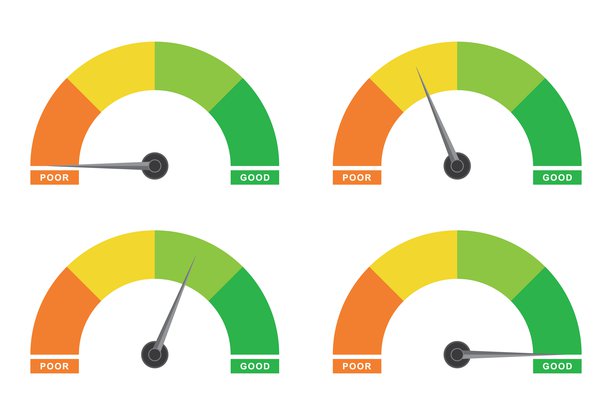What Happens to Your Credit if You Don’t Pay a Loan?

Introduction
In today’s consumer landscape, credit scores are amongst the most important variables that can have a significant impact on your financial future. From buying a car to purchasing a home, the credit score is a gatekeeper to potentially low rates if the borrower is fiscally conscious. Conversely, the credit score can also be the reason for a high rate on debt if the borrower’s debt patterns prove less than satisfactory. Over the course of this article, we will therefore delve a bit deeper into what drives a credit score and what happens to this score when a loan payment is not made as scheduled.
How is a credit score calculated?
It is important to note that different credit agencies will have different ways of calculating the credit score. However, at their core, all agencies look into the following factors to make judgements about the creditworthiness of the borrower:
- Payment history: This is the single biggest factor that determines the direction of a credit score. Within the payment history, information on outstanding debts such as lines of credit, credit cards, auto loans, mortgages, student loans etc. will be compiled and repayment patterns will be assessed. This component will also evaluate any missed or late payments with respect to how much was owed, how late the payment was and/or how often you missed the payment. Thus, a consistent history of regular payments made on time will boost the score while missed or late payments will reduce it.
- Used credit vs. available credit: This component of the credit score involves assessing how much of the total available credit authorized to you is being used on the credit cards. All other things equal, a person with a higher credit limit would have a higher credit score than a person with a lower credit limit.
- Length of the credit history: You may have heard or seen instances of newcomers to a country having a harder time obtaining credit. This is because credit agencies track the length of time that a customer has an active credit account(s). All else equal, a borrower who has been responsible with debt over a longer period of time will receive a higher score than a newcomer.
- Hard Pulls/Inquiries: A hard pull or inquiry is a request by a prospective lender (such as a bank, phone company, automotive shop etc.) to access an individual’s credit files. Such hard pulls are often indicative of the first signs of financial stress, although of course not every hard pull would indicate as such. Thus, only multiple such inquiries within a short period of time would trigger a significant credit score decline.
Late payments:
Now that we know what can cause a credit score to improve or decline, we can discuss the consequences of late payments on the credit score. When sending information to credit agencies, lenders use standard codes. These codes have a number between 1 to 9 at the end of them, which defines whether a payment was made late or not. If a payment is received on time and as expected, the lender will write 1 at the end of the code. If the payment was made between 31 to 59 days late, the lender will write 2 at the end of the code. In short, any code that ends with a number between 2 and 9 represents a late payment, for which the borrower will be penalized via a hit to the credit score. However, the recency of these payments also plays a factor. A late payment that happened 2 months ago will have a larger impact than a late payment that happened 2 years ago i.e. as time goes on, the impact to the credit score will fade.
How does a late payment affect credit?
At the end of all this, we are ultimately looking to bottom-line the impacts on the credit score. So how exactly does a late payment affect credit? Typically, once a late payment has been made (or missed), the lender will report it in the month following. From there, it’s a matter of weeks before it makes its way onto the credit score. The more the time that passes between when the payment was due and when it was made, the more the credit score drops. As such, a payment that was made 30 days overdue will have a larger impact than a payment 15 days overdue, which would in turn have a larger impact than a payment 5 days overdue.
In Canada, this late payment will stay on the record for up to 6 years. However, as noted above, if a late payment was made 5 years ago, it would have a lower impact than one that was made last year.
How to avoid late payments?
Because of the adverse consequences that late or missed payments can have on the credit score, borrowers with poor credit scores find it difficult to access capital or purchase assets at an affordable rate. To mitigate this, there are certain best practices that can be followed:
- Use a budgeting tool: Ensure that each month, your cash outflows do not exceed your cash inflows. Be conservative, yet realistic to make sure you would have enough for day-to-day expenses once all debts (with interest) are paid off.
- Use a calendar: The greatest budgeting tools in the world are useless without discipline in paying off debts on time. To instill this discipline (or simply to have a reminder), a calendar with due dates marked for debt repayments can be highly beneficial.
- Automatic bill pay: With digital banking capabilities, you may be able to set up automatic bill payments for certain recurring expenses to save you the time and effort of manually doing it at a later stage, and risking the chance of it being forgotten.





